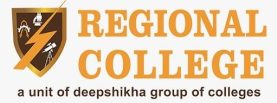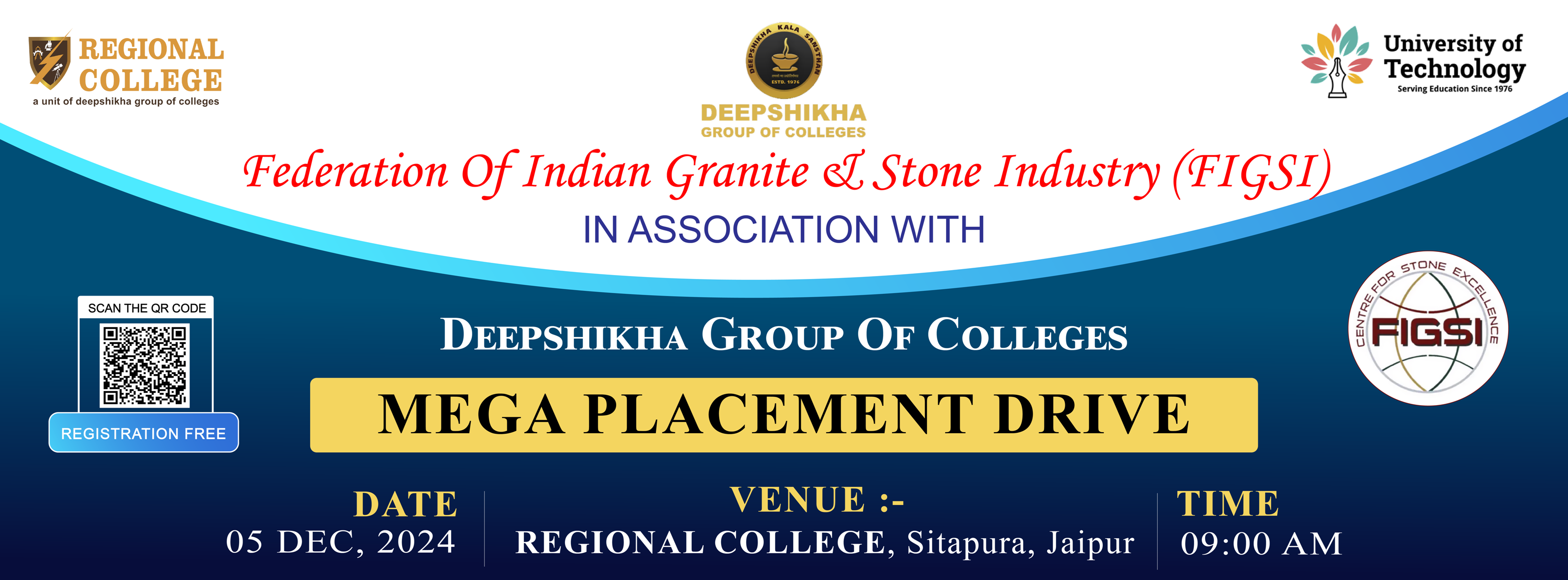
Most students after completing higher education and securing a degree think that now they are ready to enter the job market. But the real challenge begins after that as the majority of young graduates are not able to find the best fit job due to the significant education and employment gap. Lack of practical exposure and knowledge of the industry can be considered a major reason for this gap. In this blog, we will dig deeper into how colleges can create better internship opportunities for students by bridging the gap between the academics and real world industry. Thus, students will be equipped with the right knowledge and required practical skill set so they can step forward confidently.
Education and Employment Gap: What it actually means
A student’s learning journey is made up of classroom lectures and practical experience. When there is a difference between what students learn in theory classes and how they apply it in real life according to industry expectations, it is known as the education and employment gap. Students often struggle during interviews due to this because they are not able to demonstrate the skills which employers are actually looking for. This includes skills such as critical thinking, technical skills, and problem resolving skills.
How College and Industry Collaboration help in overcoming the gap
The gap between the academics and industries needs to be addressed as soon as possible. Colleges can play a crucial role in resolving this by introducing college industry collaboration programs. These programs demand active involvement of industries in providing the opportunities for better practical exposure and include their valuable suggestions for training and development and designing curriculum of academic courses. The key benefits of the collaboration are:
Right Mentorship – Regular workshops, guest lectures, and guidance from industry experts can help students to get detailed insights about the industry.
Live Projects – Applying classroom learning on hands-on projects leads to better practical experience.
Latest Curriculum – Whatever advanced tools and technologies are utilised in an industry can be best learnt when courses are designed under the supervision of industry experts.
Reasons why skill gap continue to exist in present scenario
There are numerous reasons due to which the skill gap in education is bound to exist. The major ones are given below:
- Lack of soft skills such as teamwork, flexibility, and good communication.
- Major focus on theory classes and very less emphasis on practical skill building.
- Course syllabus old enough and not able to meet the current industry demands.
- Absence of effective interaction between institutions and industries for analyzing the requirements of the future job market.
Benefits of internship opportunities
The skill gap can’t be reduced at once. It will go gradually as more and more students will become competent at work after doing relevant internships. It helps students in experiencing the actual work situations and adjust themselves according to organization culture. Furthermore, problem solving and soft skills will help students to strengthen their professional network at the workplace and bring better job opportunities. Regional College provides the internship opportunities at top multinational companies so students can get the best of the industry exposure to confidently present themselves before future employers.
Useful Tips to Overcome the Industry Academia Gap
When the reasons are clearly identified, colleges should make aggressive efforts and adopt strategies that not only lower the gap but also prepare students for best future career opportunities. Check the tips given below:
Guidance by Career and Placement Cell
Career Cell can provide essential guidance to students in exploring career options, how to face interviews – do’s and don’ts and preparing for campus placement opportunities by working closely with industry experts.
Encouraging participation for bringing innovation
Research based projects develop problem solving abilities and help in exploring innovative ways rather than depending on traditional methods. This is what actual industries need in modern times.
Industry Partnerships are a must
Long term partnerships with organizations assists colleges to continuously update their curriculum and students’ training structure according to the dynamic needs of the industries.
Advanced skill development programs
Apart from the regular degree courses, add courses that enhance digital skills and update knowledge about latest and advanced technologies. This provides a wider horizon to students and they can explore domains other than their degree program.
Conclusion
Colleges relying on traditional methods of education and focusing on classroom learning only might not stay relevant in existing time. As a result of these, at Regional College, there is ample emphasis on college industry collaboration programs, where students can learn to face the real working challenges and gain valuable exposure before finally entering into the corporate world. Further, the college is continuously adopting the latest teaching methodology for boosting the skill building process of students and to reduce the skill gap in education. The sole objective of all these efforts is to build a workforce which is competent and confident enough to face the professional challenges of the future.















